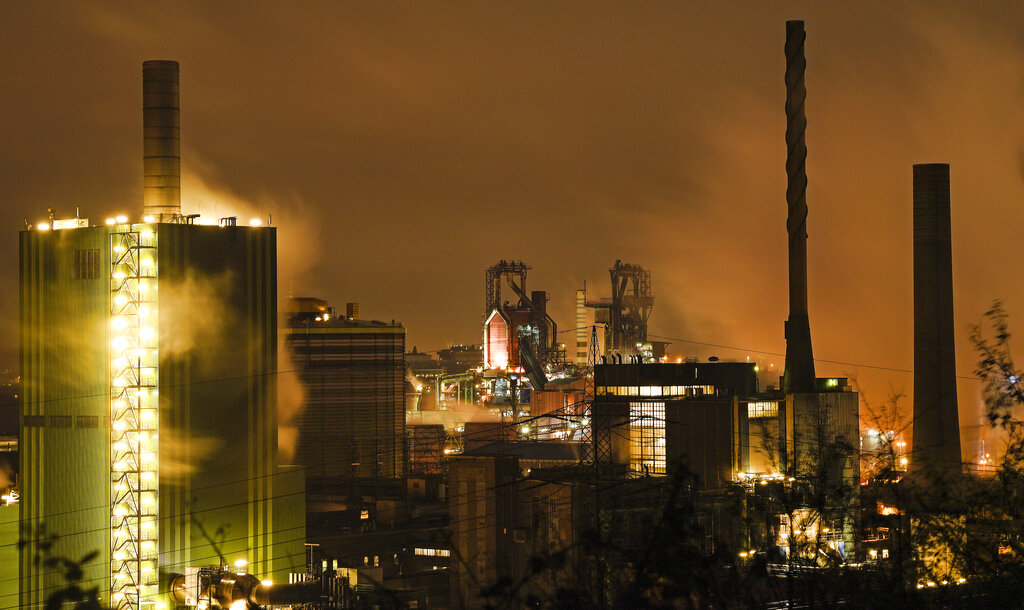The slowdown in the world economy, and China in particular, is creating a serious crisis in the steel industry, both on the supply side and on the processing and user side. According to industry experts, the collapse in demand could surpass that seen during the 2008 and 2015 crises.
Hu Wangming, chairman of China Baowu Steel Group Corp, the world’s largest steel producer, has sounded the alarm.
The head of the giant known colloquially as Baosteel told his company’s half-yearly general meeting that the crisis was likely to be longer, colder, and harder to bear than expected. Hu’s words are backed up by several known factors.
Baosteel, which accounts for 7 percent of the world’s steel production, is feeling the effects of the financial crisis in China’s property development sector, with contractors unable to pay for goods and stalled investments. Some 48 million homes in the country are awaiting completion.
However, the situation is not much better in the manufacturing sector, where there is no sign of the previously buoyant growth. Steel companies have thus been cutting capacity, shutting down blast furnaces, and laying off workers.
Not only has the price of steel been steadily falling, but also the price of iron ore, the most important raw material for its production. Asian futures fell below the psychological level of $100 a ton on Wednesday, stabilizing around $97. This marks a 30 percent drop in the price of iron ore this year; the last time it was this low was in May last year.
The crisis has hit Europe hard as well: In the U.K., Tata Steel has laid off 2,800 workers, and Germany’s Kloeckner & Co. has cut 10 percent of its workforce.
Meanwhile, the German industrial conglomerate ThyssenKrupp announced in April that it was cutting its steel-making capacity by around one-fifth and also plans to make substantial redundancies among the division’s 26,000 workers in order to sell its steel portfolio at a lower price.






